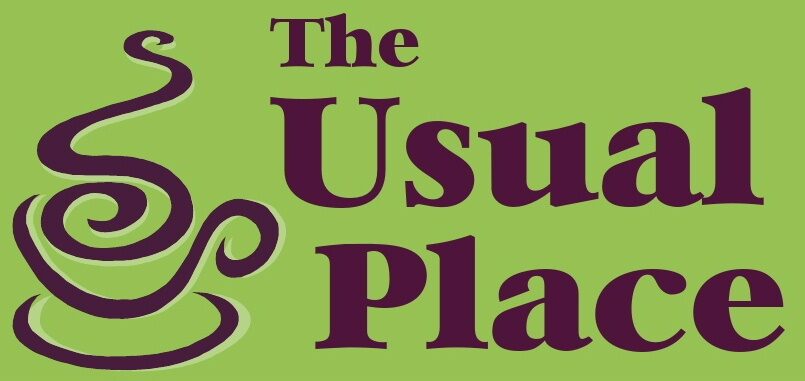Scots warned of scams related to the cost of living crisis
Posted on: 05/09/2022, by : Craig McEwen
Trading Standards Scotland has today launched a month-long campaign aimed at raising awareness of scams linked to the ongoing cost of living crisis. As prices and bills continue to rise, many consumers will have financial worries heading into autumn and winter. Scammers may attempt to exploit these anxieties and to target people online and via cold calls, emails and text messages in an attempt to obtain their personal details and bank account information.
The campaign will run for four weeks and will focus on impersonation scams, misleading information about energy efficiency measures, financial scams, counterfeit goods and online shopping.
Email and text scams connected to the energy bill rebate and cost of living payments have already been reported, as well as fake supermarket voucher and fuel card giveaways on social media.
Doorstep scammers have been giving householders misleading information about grants and funding for energy efficiency measures such as boilers and insulation, while some rogue traders have taken advantage of the global shortage of construction materials to ask customers to pay large deposits, then failing to return to carry out the work.
There have also been reports of dangerous electric devices being sold online which claim to save money on energy bills – consumer safety charity Electrical Safety First recently tested some of these products and found that they all failed basic safety tests, posing the risk of fire or electric shock.
Those worried about making ends meet are also being warned to be wary of online adverts offering ‘quick and easy’ loans or cryptocurrency investment opportunities with supposedly high returns. These adverts often imply that the investment has been endorsed by celebrities such as Martin Lewis.
Trading Standards Scotland recently ran the Big Scottish Scam Survey, asking Scots about the scams they had experienced in the last year.
97% of respondents had experienced an email, text, phone, doorstep or online scam in the last year. For those who lost money to a scam, the amounts ranged from £37 to £25,000.
Some of the most common scams were:
- Delivery scams
- HMRC scams
- Amazon scams
- Energy scams
- Covid Scams
- Prize draw/giveaway scams
- Bank scams
- Remote access scams
- Online shopping scams
- Rogue traders
79% of survey respondents had avoided a scam after seeing or reading about it, with 41% going on to report the scam.
Cllr Maureen Chalmers, Chair of Trading Standards Scotland’s Governance Board, said:
“Since the beginning of the Covid pandemic, we have seen how quickly scammers can adapt to changing circumstances to take advantage of people’s financial worries.
“Unfortunately, as we move into the autumn and winter months, scammers are increasingly likely to target people who are worried about paying their bills and who may be more likely to click on links or respond to messages offering discounts on bills or investment opportunities.
“We are delighted to be working with partners across the UK to run this month-long awareness campaign, through which we hope to provide consumers with the knowledge and tools they need to say no to scammers.
“We would like to remind consumers to be wary of cold callers, unsolicited emails and text messages and online adverts offering deals, discounts and giveaways. Never accept information offered from these sources without doing independent research, and don’t provide any personal or financial information to a cold caller or via a link in an unsolicited message.
“We are also asking people to look out for family members, friends and neighbours who may be vulnerable and to share messages about scam awareness with them.”
Further information about the campaign can be found at https://www.tsscot.co.uk/cost-of-living-scams/
Scams should be reported to Advice Direct Scotland on 0808 164 6000 or through their website: www.consumeradvice.scot.
